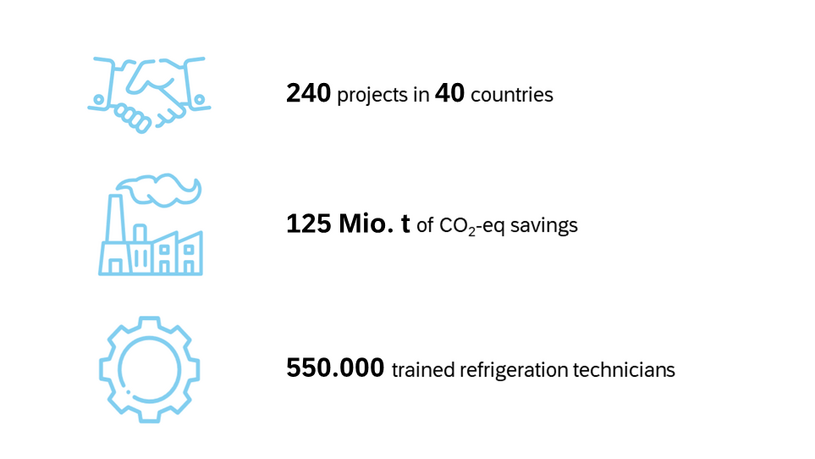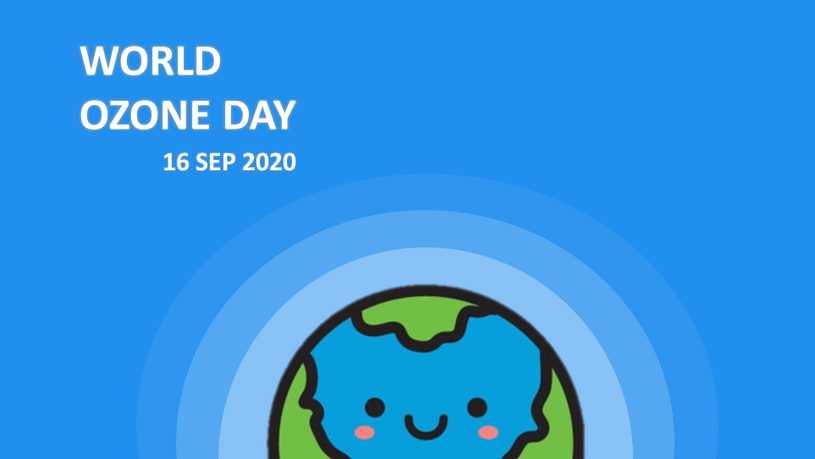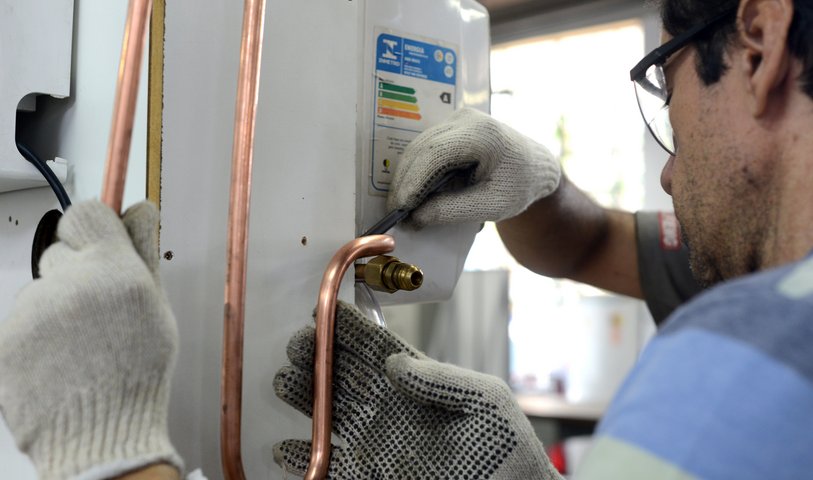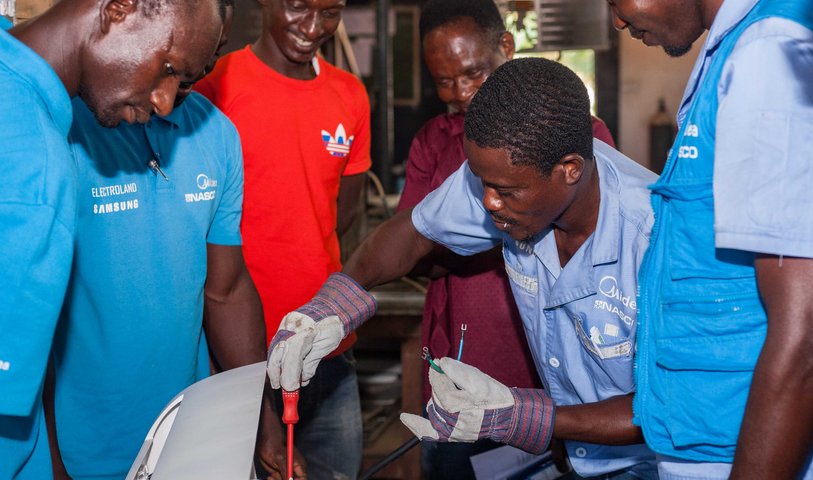To raise global awareness of the need to preserve the ozone layer, the United Nations created the "International Day for the Preservation of the Ozone Layer" 20 years ago. It is celebrated every year on September 16.
Without the ozone layer, life on earth - as we know it - would not be possible. The protective layer blocks most of the sun's rays and prevents too much ultraviolet radiation from reaching the earth. In the mid-1970s, a group of scientists discovered that the ozone layer was under threat. For years, man-made chemicals (so-called CFCs), mainly contained in deodorant and hairspray aerosols, air conditioners and refrigerators, slowly intruded the upper layers of the atmosphere. There they contributed to the depletion of stratospheric ozone. The result: the "ozone hole" was created.
With the signing of the Montreal Protocol in 1987, the international community agreed to phase-out ozone-depleting chemicals. Thanks to the interplay of scientific knowledge and collaborative action, the hole in the ozone layer is expected to close by the middle of the century. The Montreal Protocol is probably the most successful environmental agreement, ratified by every nation on earth.
The Kigali Amendment
From ozone protection to climate action
In 2016 the protocol was extended: from now on, not only ozone- but also climate-damaging refrigerants should be avoided ("Kigali Amendment"). As a reaction to the gradual phase-out of CFCs from the 1980s onwards, substitute products (so-called F-gases) were introduced to the market. Although they do not deplete the ozone layer, the refrigerants are major greenhouse gases and thus contribute to global warming. The Kigali Amendment regulates the controlled phase-down of those substances. The goal is to achieve over 80% reduction in their consumption by 2047. The impact of the amendment will avoid up to 0.5 °C increase in global temperature by the end of the century.
Proklima and ozone protection
Proklima: Acting locally with a global impact
Not only global ozone protection is having a jubilee: Proklima is celebrating its 25th birthday. Since its launch in 1995, the program is supporting developing and emerging countries in their efforts to phase-out ozone depleting substances and decrease their CO2 emissions. What has Proklima achieved so far?
On behalf of the German government, the program implemented more than 240 projects in 40 countries to promote natural refrigerants and energy-efficient appliances. Thereby, Proklima contributed to avoid 8,100 tonnes of ozone depleting substances and to save 125 million tonnes of CO2-eq. This corresponds to the annual emissions of 37 coal power plants. Moreover, Proklima trained 550.000 refrigeration technicians worldwide in climate-friendly refrigeration and air-conditioning technologies.
Proklima achievements

Projects of Proklima in Latin America, Africa and Asia
Working on behalf of the BMZ and BMU
Proklima is conducting these activities on behalf of the Federal Ministry for Economic Cooperation and Development and the Federal Ministry for the Environment, Nature Conservation and Nuclear Safety.
The Montreal Protocol as a role model
A role model for solving global crisis
When scientists in the mid-1970s showed that stratospheric ozone was depleted, the world listened. A debate within the scientific community has been brought to a political level, and long-lasting action has been taken. The "International Day of the Preservation of the Ozone Layer" reminds us of the progress made in ozone protection and that collective actions on a global scale are the best way forward. Most important, it points towards the need of integrated ozone and climate protection for the environment, our health and future generations.



